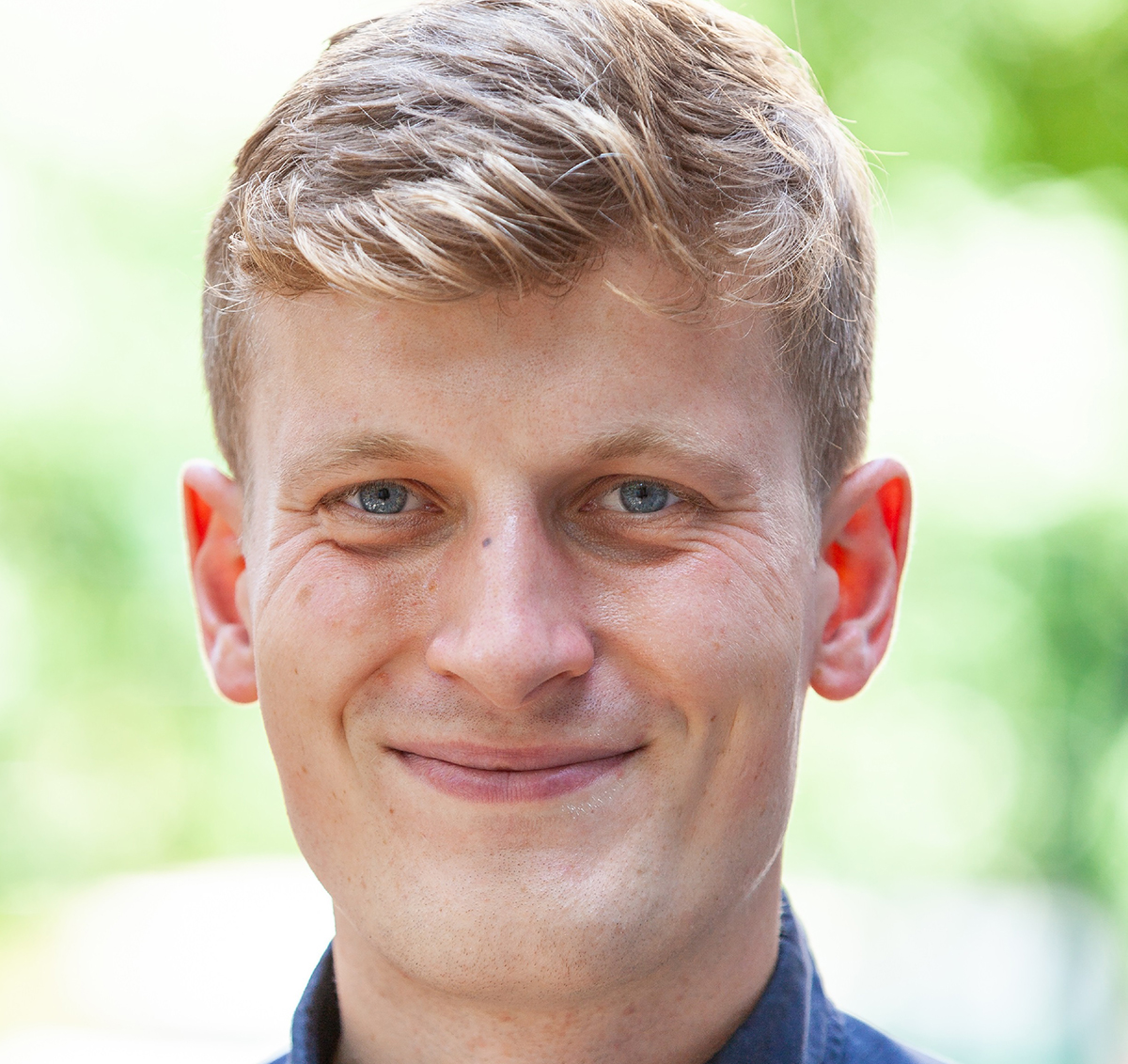
Eric Bach is a Ph.D. candidate at TU Berlin’s Institute for Fluid Dynamics. His primary research area is the experimental investigation of combustion systems for propulsion and power generation. In that role, he is involved with a wide range of topics from flow field and heat release dynamics, all the way to pollutant emissions and thermoacoustics. In this interview he shares his hope that his research would be implemented in aircraft and power plants, making the world a bit more efficient, healthier, and greener.
What is your motivation for pursuing research in this area?
Combustion is and will be for the foreseeable future the main mode of energy conversion, enabling quick long-distance travel and efficient transportation of goods, as well as providing access to electrical power all around the globe. Over the last decades, combustion science and engineering has advanced dramatically, creating ever more efficient and cleaner combustion processes. I believe that especially in a highly renewable-penetrated market like the one we see today, combustion technology is an ideal match to complement and back up solar and wind sources. There are a myriad of ideas for making combustion carbon-neutral and pollutant free, so I feel like I can really make an impact by adding to the community’s knowledgebase. Apart from that, the technology also fascinates me and I simply enjoy spending time in the lab working on it.
What would you have done if you were not a researcher?
I enjoy research, but I also like product development and seeing ideas turn into real-world applications that impact people’s lives – so I would probably have joined a company in the aerospace or mechanical engineering fields.
Have you encountered any challenges in pursuing your research career?
Well, tons! It would not be research if it were easy. Especially with complex systems such as the ones we study, you oftentimes have to come up with clever solutions. But to get there takes time and determination. Besides, we are interested in understanding the relevant physical processes on a very detailed level, and that usually requires fairly advanced measurement techniques. Making it all come together in the right spot, in the right moment, in exactly the way you want can be challenging! Luckily, I have very supportive colleagues and advisors at TU Berlin.
What do you do within the ESTiMatE project?
We have a number of different combustion test stands here at TU Berlin, and our role within ESTiMatE is to provide experimental data from real flames. One of them is the so-called counter-flow burner, which provides a very controlled environment for the chemical conversion of reactants. The other experiment is basically a scaled-down version of an aircraft engine combustor, complete with swirler, diffusor, fuel atomizer, and quenching air. My job is to set up and conduct the experiments. This also includes calibration and alignment of the many measurement techniques we use to learn more about the flow field, the heat release, and pollutant emission. A lot of those are laser-based, which is always fascinating. After collecting data at representative conditions, I post-process and interpret it. These data are then shared with the consortium partners and used to validate CFD simulations and analytical soot-formation models.
How do you like it so far?
I like it a lot! What is not to like about recreating an aircraft combustor in a laboratory and then studying it? I also believe in the positive impact of the overall project, so that adds to my motivation for doing a good job. Lastly, as a scientist it interests me how well our experiment, the simulations, and models fit together.
What do you hope to achieve in your career in the long run?
One of the first projects that I was working on was the development and validation of a new fuel system on an industrial gas turbine. This worked so well that the systems is now being used on every engine the manufacturer sells. I hope that I can continue on this path and that the technology I am working on can be implemented in aircraft and power plants, making the world a bit more efficient, healthier, and greener.
